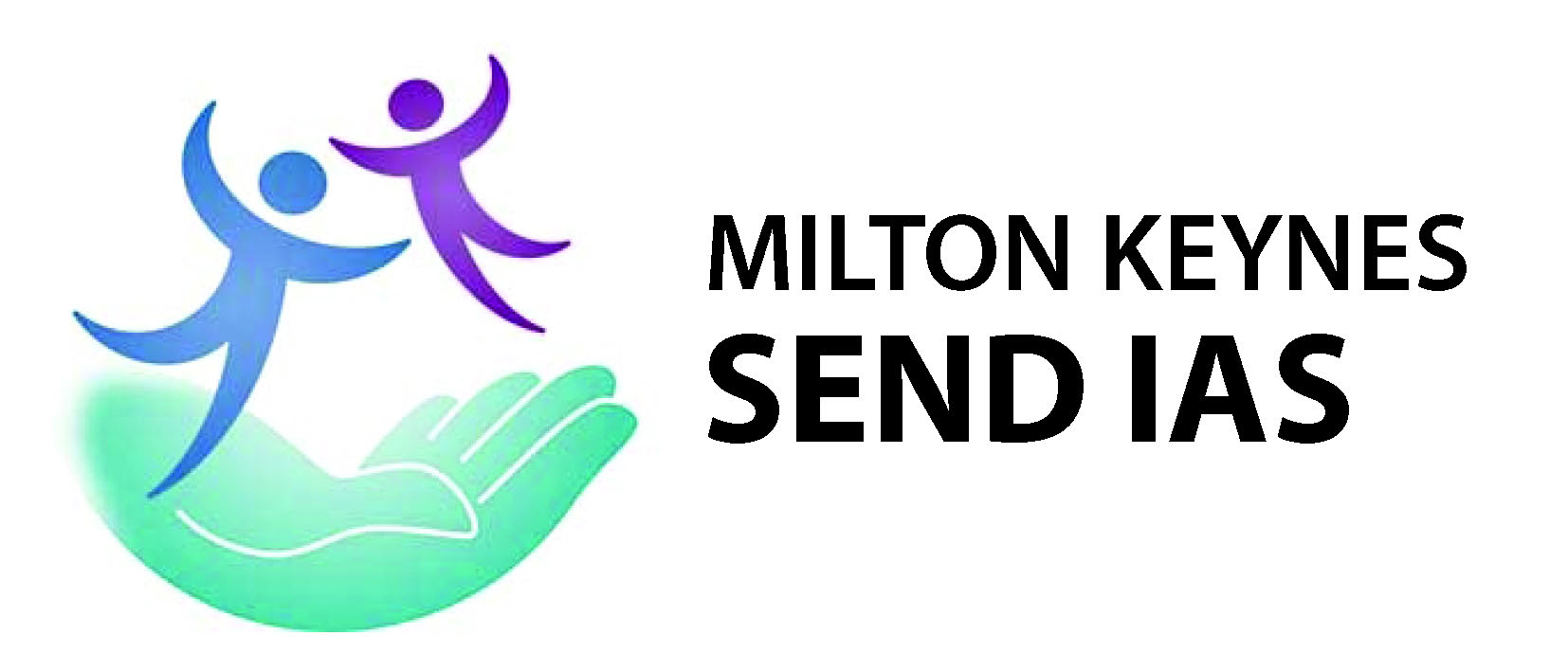If you are about to move to Milton Keynes City and your child has special educational needs, you can find information about SEND support, services and processes on Milton Keynes Local Offer. Some services will be similar and others will differ from what you have had before. Make sure you have copies of any educational and medical reports, assessments and any other important paperwork. Keep these together in one place so you can share them easily if needed.
- School admissions: In Milton Keynes, state-funded schools (including academies) admit students under the same school admission arrangements, all EHCP places are applied via SEND Caseworker. You can contact Milton Keynes School Admissions team to find out more about school admissions and list of schools.
- SEN Support: If your child has been receiving special educational support in nursery, school or college, but doesn’t have an EHC plan, any new school or college should continue the support. Ask your child’s current school for a copy of their school plan. This has information in it about your child’s needs and the support they get. It may help to meet with staff at school before you leave so that you know exactly how your child is supported in class. The old school should share information with the new school when you move.
- Education Health Care Plan (EHCP): When a child or young person moves to another local authority, the old authority must transfer the EHC plan to Milton Keynes City (MKC) Council. When your child’s EHC plan is transferred, MKC council becomes responsible for reviewing it and for making sure the special educational support in it is provided. Your case worker from Council will contact the SEND team at MKC council to inform them of the move, you as a parent can also contact MKC SEND team to check the status of EHCP transfer.
As with any Local Authority, applications for school places / transfers of EHCPs will require proof of residence at the point of application. This would take the form of a rental agreement or evidence of exchange of contracts if the family is purchasing a property. Without this the process will not begin.
